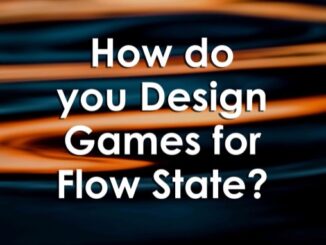
How do you Design Games for Flow State
Flow is a sought after experience in games – engaging and enthralling because players lose sense of time / space and are completely engrossed in the game world. […]

Flow is a sought after experience in games – engaging and enthralling because players lose sense of time / space and are completely engrossed in the game world. […]

Accessibility is often talked about. But, what does it mean and what does it entail when designing games for entertainment, learning, or personal development? […]

Design Thinking is a One-card Game designed by Sarah Le-Fevre. It was designed as part of a one-card challenge, put out to LinkedIn, and responded to by several people who thought a one-card game would […]
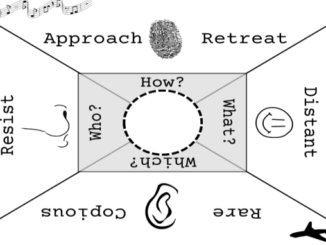
Meander is a One-card Game designed by Sarah Le-Fevre. Its release into the world coincides with the day of the 2023 World Wide Wander, for which Ludogogy was a partner – September 29th 2023. You […]
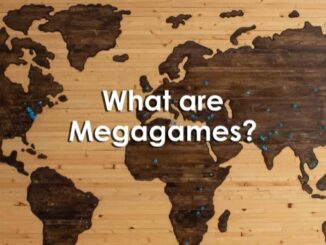
A megagame is an interesting combination of different game elements encountered in other places. They involve role-playing, simulation, and social interactions. […]

Role-playing leads to a change of perspective: We take on a specific point of view and become more sensitive and empathetic as a result. […]

What unites role-play, playing a role, and acting in a play? They all require the self or the real person to stand aside, (to) become temporarily invisible. […]
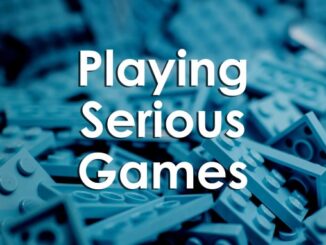
Serious games can be incredible tools for teaching, learning, and education. They help players learn experientially though play by putting concepts into use […]
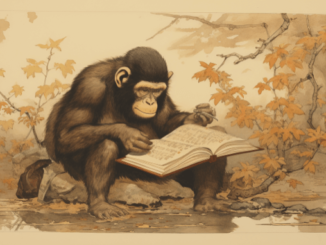
Come explore the Fantastic and Fabulous in Learning and Facilitation and discover the answer to the most important question of all
“And then what happened” […]

The need to find meaning has given us religious beliefs, creation myths and the scientific method, and many other staggering examples of creative imagination. […]

The magic circle is a place where different rules govern our existence, actions, and consequences. But what is the magic circle and where does it exist? […]

Although playing video games may seem counterintuitive to workplace productivity, the values that people can learn from games may benefit the overall business. […]
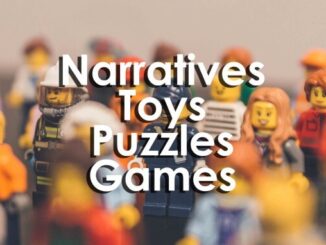
Narratives, toys, puzzles, and games all share some similar characteristics. But what makes them different and how do games tie them all together? […]
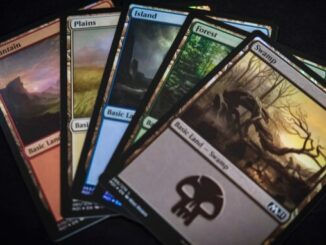
This versatility of cards comes from physical characteristics – materials, flatness, two-sidedness etc., and from lack of limitation on the ‘content’ they hold. […]

The key, according to many experts is to allow self-directed activity – and not to act as some kind of entertainments manager for your kids. […]
Ludogogy 2025